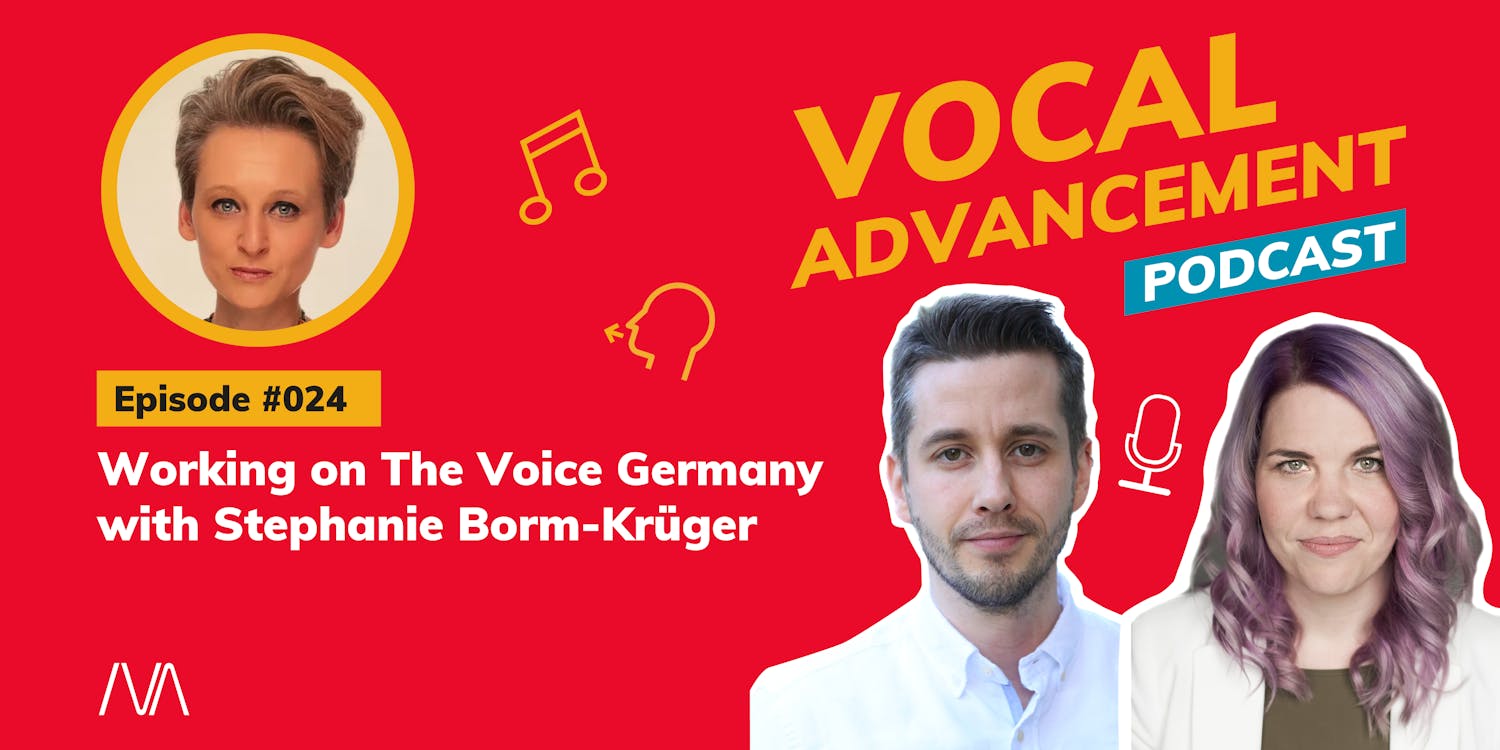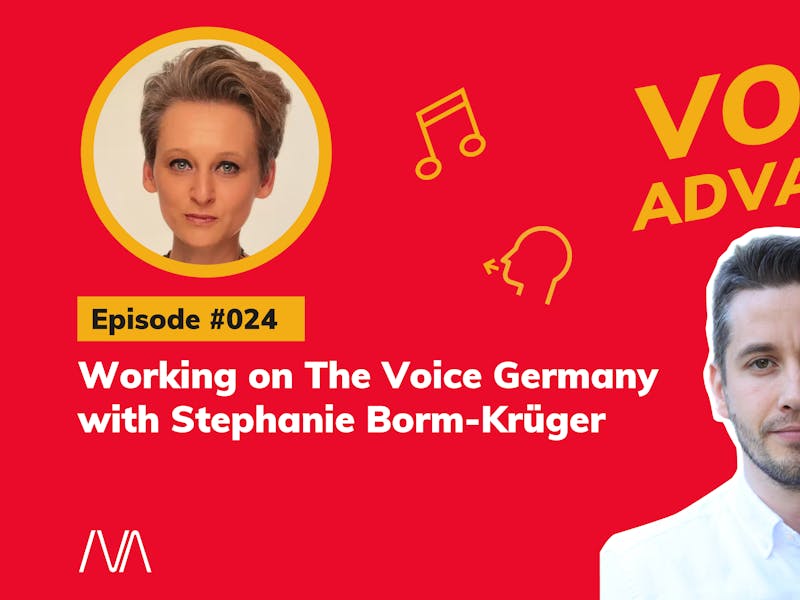We are delighted to announce that after 5 years, IVACON is back in person! Our exclusive week-long conference is tailored for singing teachers just like you.…
Several years ago, I was teaching in a foreign country. There were many teachers in the room, and the discussion was lively and interesting. At one point, a teacher asked my thoughts regarding honesty and teaching. She asked how I might communicate with a student with lesser talent, and I gave a fully honest answer. Her response—and the response from several other teachers in the room—baffled me as we further discussed how honest we should be as teachers:
“But Jeffrey, you’d certainly not tell them THAT?!”
I was concerned that many of the teachers in the room considered my honest response regarding student talent as harsh or too American.
As an American, I generally am more blunt than some teachers from gentler nations. Americans tend to be more direct with each other than people from most countries in the world. Since that afternoon so many years ago, I’ve realized that we are part of a worldwide organization, not just an American organization, and I’ve subsequently softened my approach as I’ve aged and matured. Still, how honest should we be regarding our teaching? My current answer may surprise some of you, but here we go:
Honesty in voice teaching is directly proportional to two different variables: (1) age and (2) the student’s capacity to see themselves as an outsider would see them.
Age is the biggie for me. I’d never tell a twelve-year-old that they really didn’t have the talent to justify the expense and commitment required for them to ever sing professionally; however, I would have a conversation with the parents of young teenagers, away from the student, where I would be forthright and truthful. Conversely, I’d never fail to communicate with anyone over 18 to 20 years of age the realities of their aspirations—in spite of their willingness to work hard. At some point, one or both of us will look foolish and be embarrassed. While we want to be supportive and encouraging to our students, we must be careful not to give a false sense of their natural capabilities.
The real question that must be addressed is how to determine if there is innate talent in a young student. What is the criteria we look for in determining the potential of these young pupils? This is an incredibly complicated question, and it is clearly full of objectivity traps. Pitch, tone, musicality, and confidence immediately come to mind as we consider just how much talent a young singer has and what their potential is. But it takes years of ear development for a new teacher to see and understand potential in a new student.
Student commitment is a widely varying factor. Some young students are simply taking lessons to fill a void in weekly schedules. They might not give any more thought to taking voice lessons than they might give to joining a soccer team or taking a dance class. They usually won’t participate in these activities with the intention of becoming a
professional dancer or athlete. Likewise, we would make allowances for voice students whose commitment may be less than our expectations.
As a final thought, remember that each of your students will leave you at some point. They will leave because of scheduling conflicts, boredom, increased awareness of their lack of talent, or parents becoming less willing to commit financially to an activity that is costly and hugely long-term in nature. These particular students must, at some point, transition from children to young adults. As they mature physically, emotionally, and vocally, they will be increasingly prepared to accept the realities of their path.
Honesty—-doled out in age-appropriate fashion—will only help students as they continue to grow. But honesty has many levels. I often suggest to young teachers to consider themselves as parents of the young student; this will help them understand that we don't give ALL available information to a child. A parent knows when a child is ready for complete honesty.
Related Articles
Singing Teachers Summit
A free, online summit for music educators
As a worldwide leader in vocal education, we're excited to host a Singing Teachers Summit on January 20th and 21st, 2024. This free, online event features a fantastic lineup of guest lecturers to offer insight on a wide range of…
Stepping Out of Your Comfort Zone with Stephanie Borm-Krüger How Performing Under Pressure Helps Unlock Your Creativity Do any of your students dream of performing on a TV show like The Voice or one of the Idols singing competitions? Then they’ll want to…








